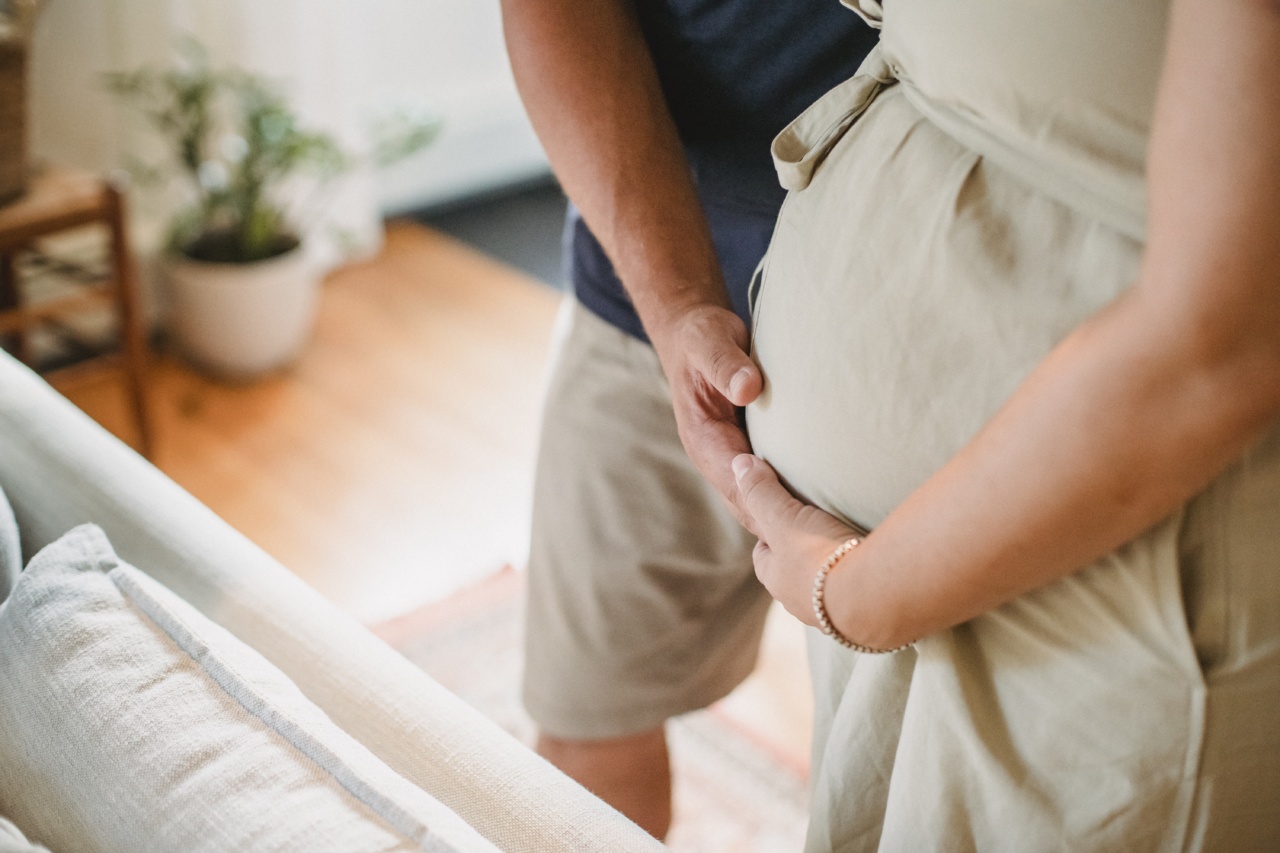Childbirth age, also known as maternal age, refers to the age at which a woman gives birth to her child. It is a topic of interest in various fields of study, including medicine, sociology, and demography.
Many studies have explored the relationship between childbirth age and various health outcomes, including maternal and infant health. In recent years, researchers have also investigated the potential link between childbirth age and longevity, or the length of a person’s life. This article delves into the research on this intriguing topic.
Factors Influencing Childbirth Age
Several factors influence a woman’s decision regarding the age at which she wants to have children. Some of these factors include cultural norms, educational attainment, career aspirations, economic stability, and personal preferences.
Over the past few decades, there has been a significant trend of women delaying childbirth and opting to have children later in life. This shift is mainly driven by the increasing pursuit of education and career advancement among women.
The Effects of Advanced Maternal Age
Advanced maternal age refers to women who give birth at the age of 35 or older.
While it is associated with certain risks, such as a higher likelihood of pregnancy complications and genetic disorders, recent research suggests that there may be a potential upside to delaying childbirth in terms of longevity.
Longevity and Aging
Before diving into the relationship between childbirth age and longevity, it is essential to have a basic understanding of longevity and the aging process.
Longevity refers to the length of an individual’s life and is influenced by various genetic and lifestyle factors. Aging, on the other hand, refers to the physiological changes that occur in the body over time and is one of the primary determinants of longevity.
Researchers have been exploring various aspects of aging and its correlation with different factors, including childbirth age.
Research Findings
The relationship between childbirth age and longevity is a complex topic, and the existing research provides mixed findings. Some studies suggest that giving birth at an older age may be associated with increased longevity.
One theory behind this association is the concept of reproductive investment. According to this theory, women who have children at a later age may experience physiological changes that confer greater protection against age-related diseases.
These changes, such as hormonal alterations, may promote healthier aging and, consequently, increased longevity.
Other studies, however, have found contradicting results. They argue that advanced maternal age could be a marker for underlying health issues or genetic factors that may shorten lifespan.
Furthermore, certain complications associated with late pregnancies, such as gestational diabetes and hypertension, may contribute to a reduced lifespan. Additionally, the stress and demands of caring for children at an older age may lead to increased mental and physical strain, potentially impacting overall health and longevity.
It is worth noting that most studies on this topic have focused primarily on the association between childbirth age and the mother’s longevity, with limited research on potential effects on offspring’s lifespan.
However, some preliminary studies suggest that children born to older mothers may also exhibit certain advantages in terms of longevity.
Other Considerations
While the relationship between childbirth age and longevity is intriguing, it is crucial to consider other factors that can influence both variables.
For example, socioeconomic status, access to healthcare, lifestyle choices, and genetic predispositions all play a significant role in determining an individual’s lifespan. It is essential to account for these confounding variables when interpreting the results of studies on childbirth age and longevity.
Moreover, it is crucial to acknowledge that individual responses to aging and childbirth age can vary considerably. While some women may experience positive effects on longevity by delaying childbirth, others may not observe the same benefits.
Therefore, it is essential to make informed decisions about family planning based on one’s personal circumstances, rather than solely relying on potential longevity outcomes.
Further research is needed to provide clearer insights into the relationship between childbirth age and longevity. Longitudinal studies that follow individuals over an extended period are necessary to establish a more accurate correlation.
Additionally, exploring the genetic and physiological mechanisms behind any potential association can shed light on the underlying factors influencing longevity.
Conclusion
The relationship between childbirth age and longevity remains a topic of scientific inquiry.
While some research suggests that delaying childbirth may be associated with increased longevity, conflicting findings and various related factors complicate the overall picture. It is essential to consider individual circumstances, as well as other determinants of longevity when making decisions about family planning.
Ultimately, further research will enhance our understanding of this topic and offer evidence-based guidance for individuals and healthcare professionals.






























